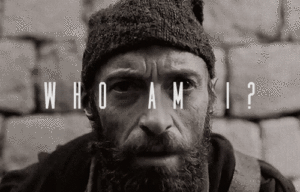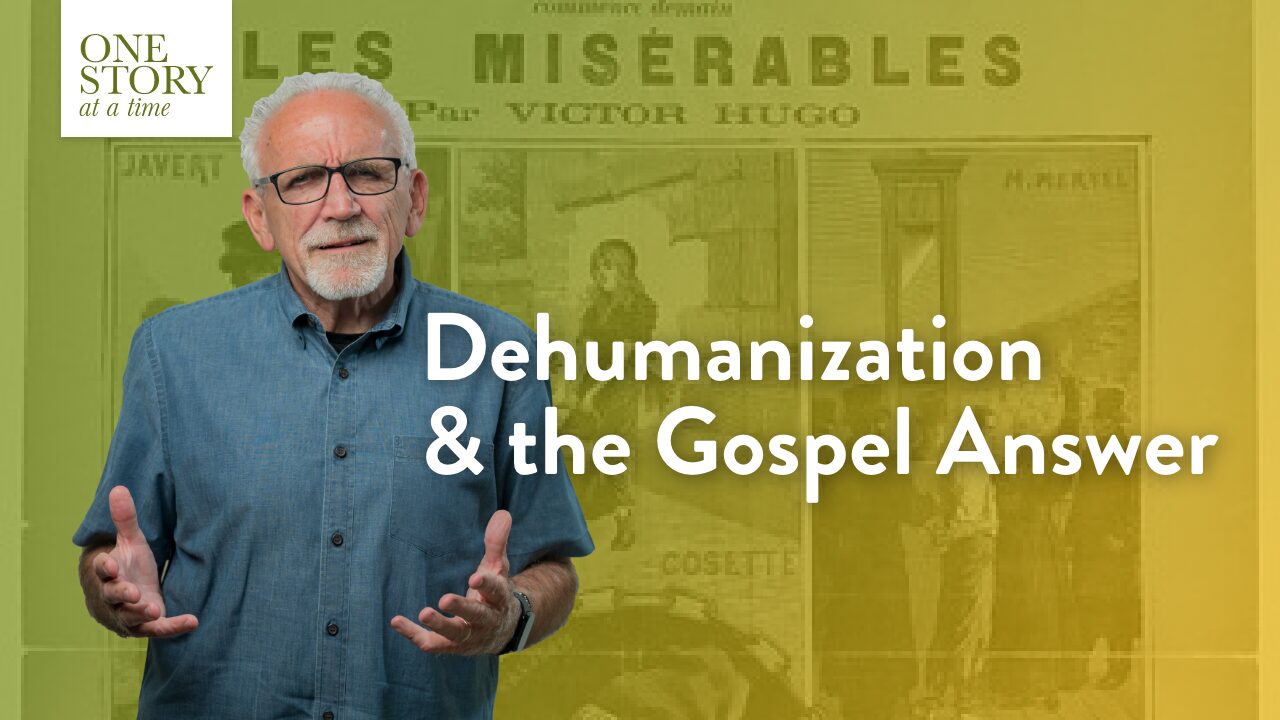Dehumanization and the Gospel Answer
A name is far more than a label;
it is a symbol of identity, dignity, and worth. From the moment we are born, our name becomes one of the first affirmations of our existence. It ties us to family, history, and community, and it represents the unique individual we are.
When a person loses their name, they lose a part of their humanity. In Les Misérables, Victor Hugo powerfully illustrates this through the character of Jean Valjean, who, because of his imprisonment, is reduced to the number 24601. Stripped of his name, Valjean is stripped of his individuality and dignity. To be called by a number is to be seen not as a person, but as a commodity, an object to be managed or discarded. It is a profound loss of identity, significance, and value.
Names carry stories. They carry hopes, dreams, and histories. When we honor someone’s name, we affirm their existence and worth. To deny someone their name is to deny their personhood.

It is only within biblical Christianity that we find the clear teaching that all human beings possess dignity because they are made in the image of God. The apostle Paul emphasizes this truth in Galatians 3:28, where he declares that we are all one in Christ Jesus—slave or free, Jew or Gentile, male or female. To the people of Paul’s time, such a statement would have been nothing short of scandalous.
Throughout American history, we’ve seen tragic examples of dehumanization, especially through the transatlantic slave trade. Yet many evangelicals stood against this evil, actively participating in the abolitionist movement and the Underground Railroad. These individuals risked their lives because they believed that enslaved people were worthy of dignity and freedom, rooted in their God-given image-bearing nature.
This conviction—that every person matters—is not based on cultural trends or political ideals, but on the biblical worldview that affirms the intrinsic worth of every human being. Therefore, we must be careful and respectful in how we speak about any group of people, regardless of their race, nationality, socioeconomic status, or life circumstances—whether rich or poor, imprisoned or free, documented immigrant or undocumented.
Each person carries weight, value, and dignity, not because of what they’ve done, but because of who made them.
That weight, value, and dignity is summed up in a name. Every person has a face. They are not nameless, faceless problems to be solved — they are fathers, mothers, sons, and daughters, each with a story worth hearing and a life worth honoring. They laugh, they cry, they dream. Their names matter because their lives matter.
In every culture, names are sacred. They are chosen carefully, filled with meaning, history, and hope. And names are sacred to God as well. In Revelation 2:17, God promises that to the one who overcomes, He will give “a white stone with a new name written on it, known only to the one who receives it.” Our Creator knows us personally and intimately, and even in eternity, He will honor that uniqueness by giving each of us a new name. Names are not just important to human society — they are important to the very heart of God.
When we call someone by name, when we look into their face and see them as a fellow bearer of God’s image, we affirm their infinite value. We recognize that they are more than a statistic, more than a label, more than a border crossed — they are a soul, known and loved by God.
To lose one’s name — and to be unseen — is to lose a vital connection to humanity. Jean Valjean’s journey reminds us of the deep human need to be known, not by a number or a label, but by a name and a face. And it challenges us to look at every person we encounter, especially the most vulnerable, and remember: they have a name. They have a face. They have worth — both now and forever.
